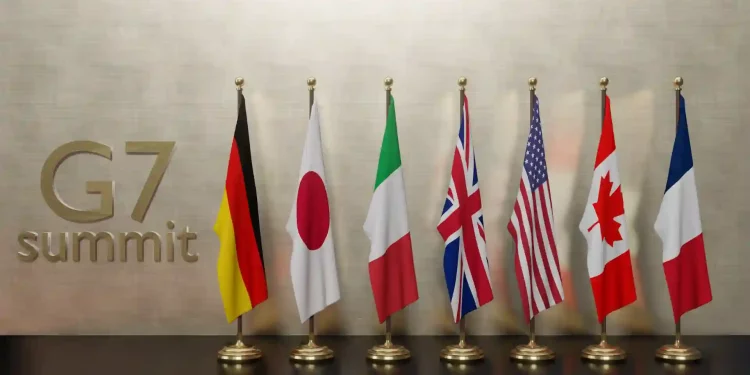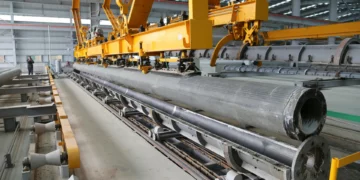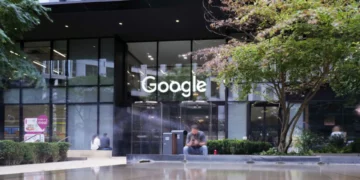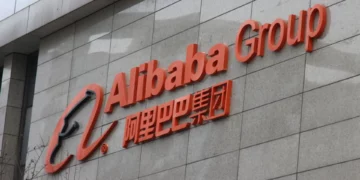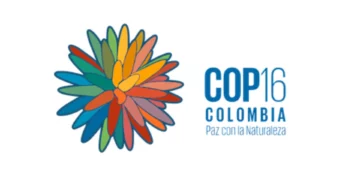The leaders of the G7 countries have released a joint statement pledging to further tighten the sanctions regime on Russia. This ups the ante on what is already the most intense sanctions package on any major economy and has been interpreted as a message of both the G7’s commitment to presenting a united front against disruptive powers and the ineffectiveness of the current sanctions regime in stopping the war.
The first day of the three-day G7 summit in Japan was dominated by a discussion of Russia and its invasion of Ukraine, as well as a nuclear escalation by Russia, China, Iran, and North Korea. Other matters on the table included food security, vaccines, economic stagnation, and climate change. Invited to the summit were representatives from Australia, Vietnam, Brazil, Comoros, India, Indonesia, South Korea, and Ukraine, and organisations like the IMF, OECD, UN, and WHO.
The new restrictions include export bans on industrial machinery, tools, and advanced technological components to Russia, as well as embargoing Russian exports of metals, diamonds, and energy products. The new actions also include efforts to prevent sanctions evasion, disrupt military supply chains, and personal sanctions on more than 200 Russians.
What is the G7?
The G7 is a group of seven developed countries that meet annually to discuss international affairs. The member countries, consisting of the United States, United Kingdom, Canada, France, Germany, Italy, Japan, and the EU as an observer, are all democratic advanced economies and close military allies, which gives the group significant international influence.
The G7 emerged in proto-form in 1973 and had its first summit in 1975 to discuss the global Nixon oil shocks and the ensuing recession. Since then, it has met regularly to discuss global issues of pressing importance. Some of the other issues that the G7 countries have attempted to tackle in the past include the Soviet invasion of Afghanistan, debt-burdened developing countries, the Iran-Iraq War, the Chernobyl disaster, the 2008 Great Recession, the COVID-19 Pandemic and the Russian invasion of Ukraine.
Though the group has made attempts to increase engagement with the developing world in recent years, it has still been criticised for being a ‘rich country’s club’, monopolisation of global issues, ineffective policy, and factionalism.
Russia also used to be a member of the G7, known as the G8, back then. Already an outlier among the other countries, as it was not an established liberal constitutional democracy or advanced high-tech economy, it was suspended from the organisation in 2014 after the annexation of Crimea and eventually left the group permanently in 2018.
How effective has the sanctions package on Russia been?
The current sanctions package on Russia is widely considered to be one of the strictest in the world, though there is considerable debate on their efficacy. The sanctions include:
- Freezing Russian assets in other countries.
- Removing Russian banks from global financial networks.
- Limiting Russian income from energy exports.
- Further sanctions on several Russian citizens close to the Kremlin.
Furthermore, several international corporations, such as PepsiCo, Adidas, and Mcdonald’s, have voluntarily suspended operations in Russia, and several manufacturers were banned from being exported to Russia. Russia responded to these sanctions with its own embargoes, banning the import of several goods from the West, such as telecom equipment, medicine, vehicles, timber, and agricultural produce.
Though the sanctions package is estimated to have frozen more than half of Russia’s forex reserves and significantly limited Russian state revenue, they are widely considered ineffective. However, many experts predicted a complete collapse of the Russian economy, which has not yet happened. Though the Russian economy has slowed down, and access to several consumer and military goods has been restricted, the widespread economic recession has been averted. The Russian economy is forecast to grow by 0.7% in 2023, mostly on the back of energy exports.
What is the future of the G7?
While many believe that the G7 is obsolete and has been superseded by other, more relevant groupings, such as the G20, many still view it as a trendsetter in Western policy. The tightening of the Russian sanctions is a signal to many that the G7 is still committed to its stated values of democracy, human rights and rules-based global trade.
While the renewed sanctions are likely to have little immediate effect, they are still a signal to the world that the G7 matters and are not to be taken lightly. Most importantly, this is a message to an increasingly hostile China that any aggressive action will be met with a concerted policy from the world’s largest and most advanced economies.


